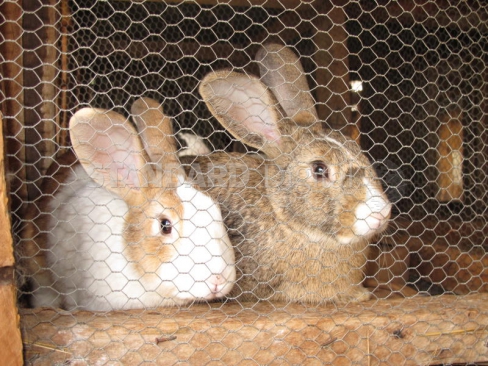×
The Standard e-Paper
Join Thousands Daily

NAIROBI: Growing up in rural areas gave us opportunity to practise farming at an early age. As boys, keeping rabbits was one of our favourite hobbies. One rabbit could be bought at between Sh10 to Sh30.







